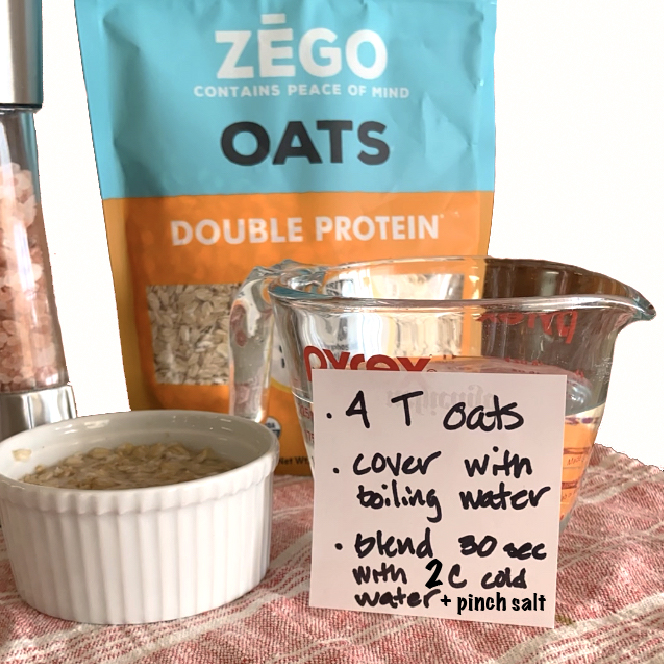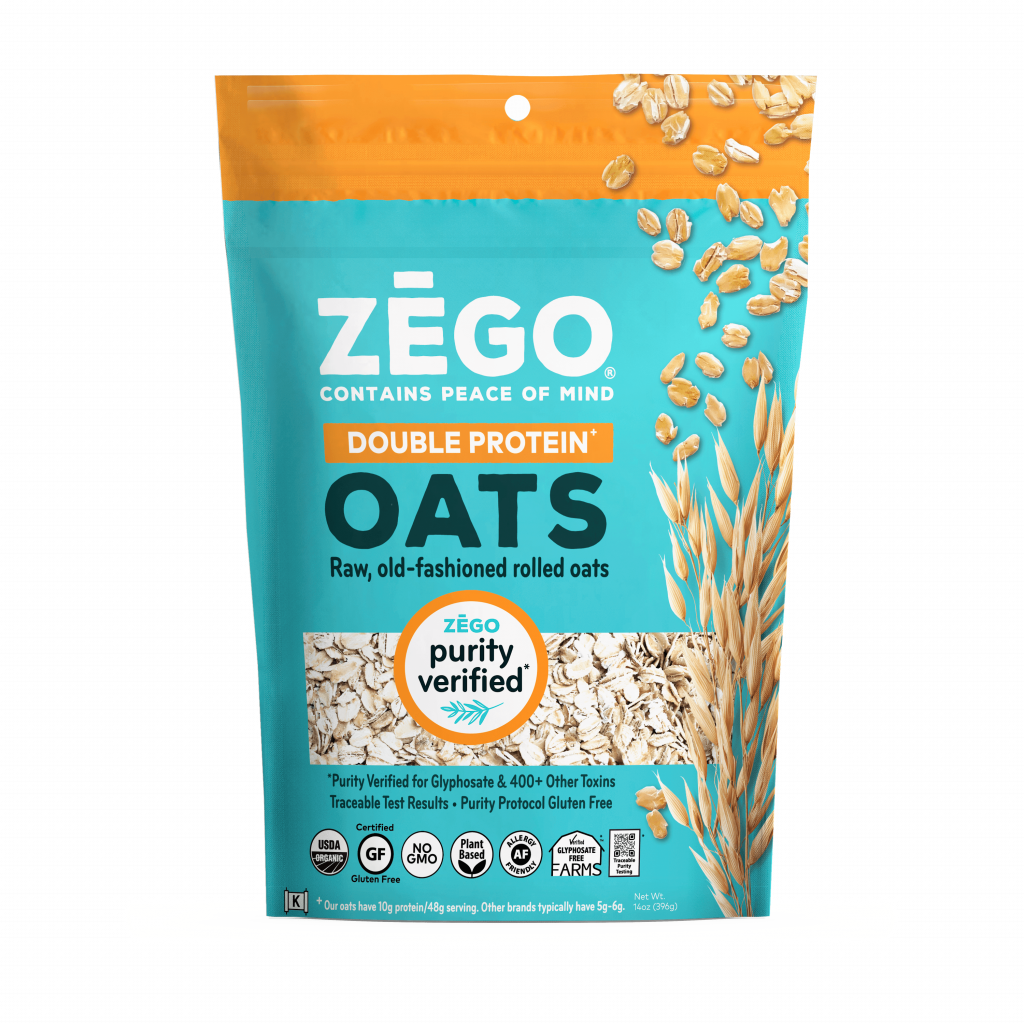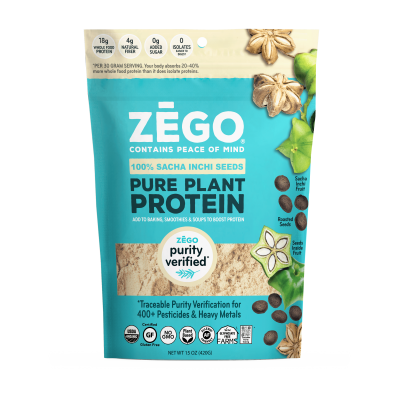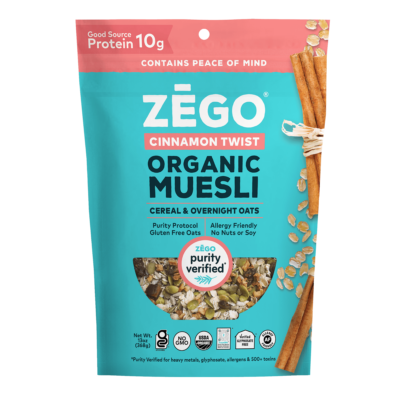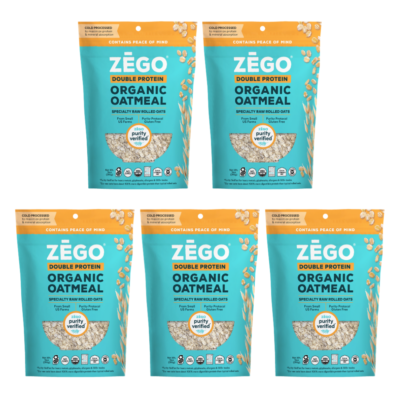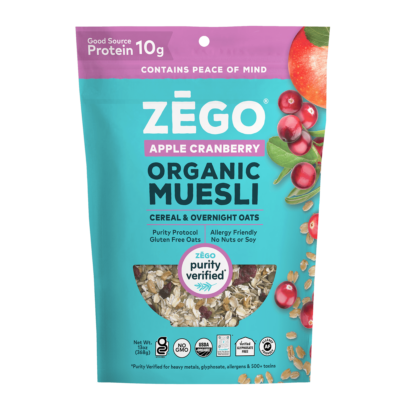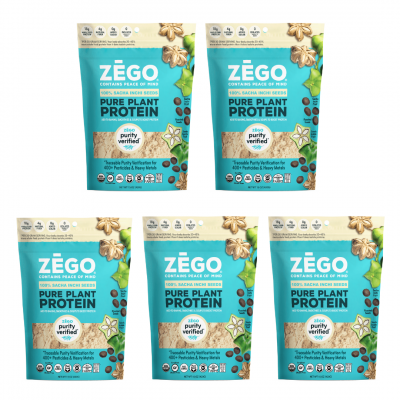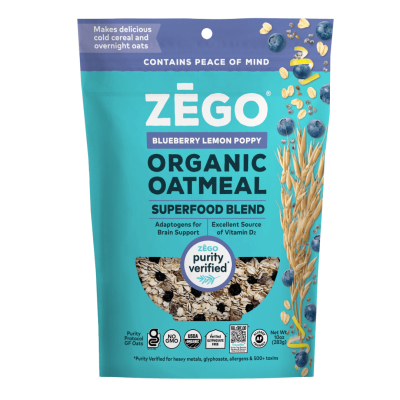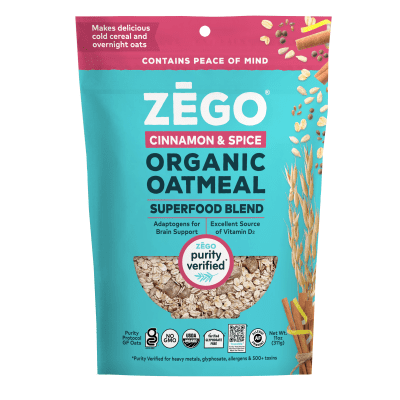Last Updated on April 27, 2022 by Colleen
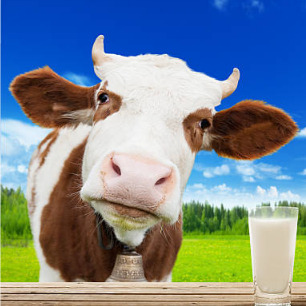
If you aren’t allergic or intolerant, should you include dairy in your diet? There is so much conflicting advice from health professionals–how are we to know if dairy is good for you or bad?
What Is the Conflicting Medical Advice on Dairy?
Some health professionals–western medicine doctors, nutritionists, and alternative health care doctors and providers–say dairy should never be a part of your diet unless you are a nursing baby. Dairy, particularly processed dairy which is 99% of what’s available on the market, is associated with a myriad of health problems from acne to inflammation to constipation to cancer.
But others in the health field are passionately pro-dairy, proclaiming that full-fat, raw dairy contains powerful nutrition that can prevent disease and help you maintain a healthy weight (see the Weston Price Foundation for more information).
So, Who is Right on Dairy?
To get some extra perspective, we highly recommend this 20-minute episode from Dr. Mark Hyman’s The People’s Farmacy podcast. In it, he interviews three experts in the field: Lisa Dreher, ND, Elizabeth Bonham, MD, ND, and David Ludwig, MD, PhD.
The net-net? If you are allergic or intolerant, stay away from dairy.
How Do You Know If Dairy Is Right for You?
And, that’s a lot of people — a full 70% of the world cannot digest dairy properly, including almost all people of Asian and African descent. But if you are one of the few adults who thinks you can eat dairy safely, do a test to see how dairy makes you feel.
You’ll know if you go dairy-free for two weeks. It may sound hard, but it’s well worth it.
Many times, we don’t realize we have negative reactions to foods because we are used to a certain amount of side effects — like belly upset or acne. If you go without dairy for two weeks and notice how your body reacts.
If you feel better, consider going dairy-free as part of your long-term healthy lifestyle. If you do not feel better, you can keep high-quality dairy in your diet–organic yogurt, raw milk (if you can find it), and whole fat milk. And of course, some may decide to forego dairy for other reasons related to the health of the cows and our planet.
What About Calcium?
Worried about getting enough calcium on a dairy-free diet? Many argue that plants are the best way to get calcium, not dairy. For example, a cup of kale and other greens have almost 1/3rd of your daily intake of calcium. Other rich sources are nuts, beans, and anchovies.
Learn more in Dr. Hyman’s podcast.
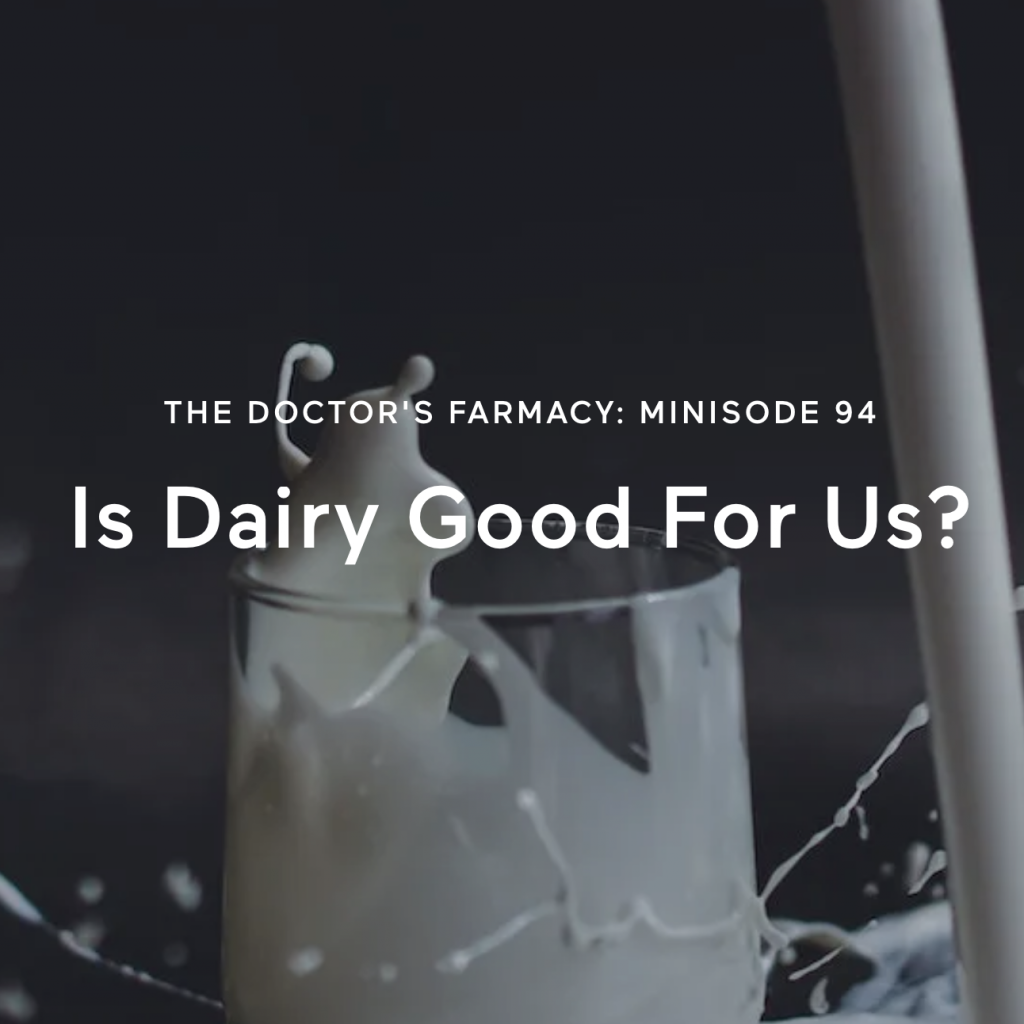
-
 Organic Gluten Free Oats (14oz bag)$8.99
Organic Gluten Free Oats (14oz bag)$8.99 -
 Organic Plant Based Protein Powder (15oz bag)$29.99 — or subscribe to save 10%
Organic Plant Based Protein Powder (15oz bag)$29.99 — or subscribe to save 10% -
 Organic Gluten-Free Muesli: Nut Free Cinnamon Twist (13oz)$9.99 — or subscribe to save 10%
Organic Gluten-Free Muesli: Nut Free Cinnamon Twist (13oz)$9.99 — or subscribe to save 10% -
 Organic Double Protein Oats 5 bag case$44.95 — or subscribe to save 5%
Organic Double Protein Oats 5 bag case$44.95 — or subscribe to save 5% -
 Organic Gluten Free Muesli: Apple Cranberry (13oz)$9.99 — or subscribe to save 10%
Organic Gluten Free Muesli: Apple Cranberry (13oz)$9.99 — or subscribe to save 10% -
 Organic Plant Protein (5 bags, 15 oz each)$129.95 — or subscribe to save 5%
Organic Plant Protein (5 bags, 15 oz each)$129.95 — or subscribe to save 5% -
 Organic Oatmeal Superfood Blueberry Lemon Poppy 1 Bag$8.99
Organic Oatmeal Superfood Blueberry Lemon Poppy 1 Bag$8.99 -
 Organic Oatmeal Superfood Cinnamon Spice 1 Bag$8.99
Organic Oatmeal Superfood Cinnamon Spice 1 Bag$8.99 -
 Regenerative Organic Oatmeal – (21 oz.)$8.99
Regenerative Organic Oatmeal – (21 oz.)$8.99

